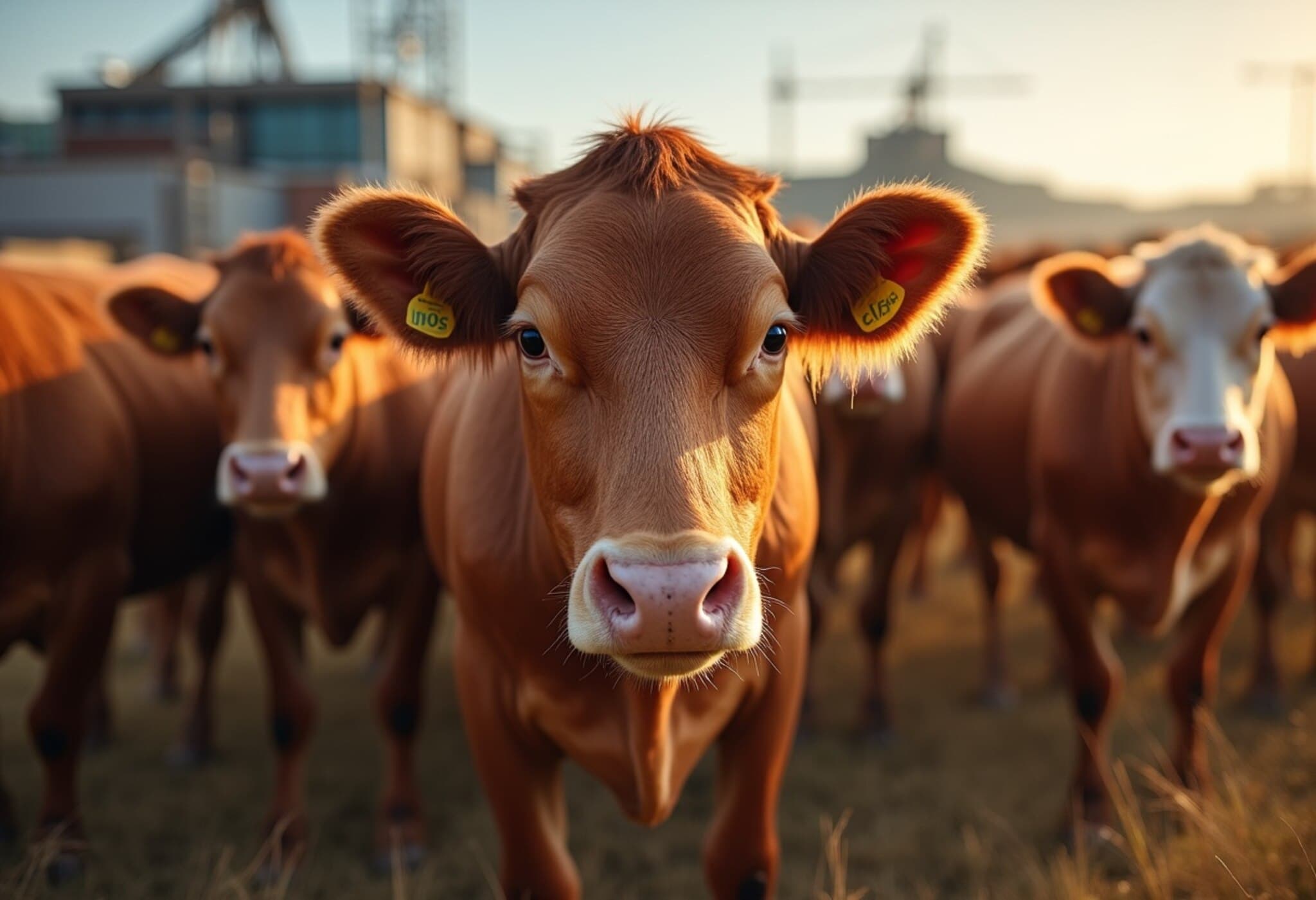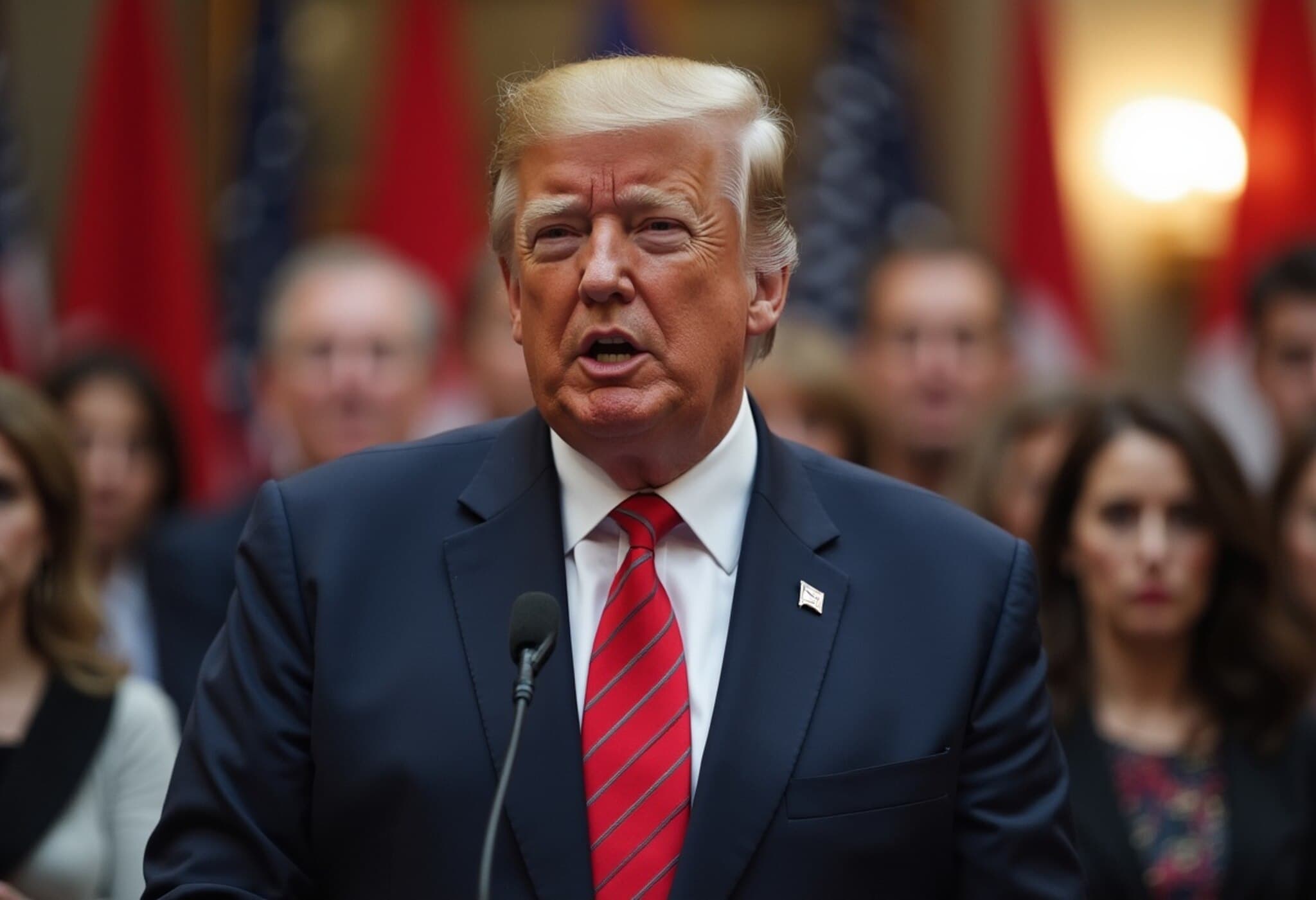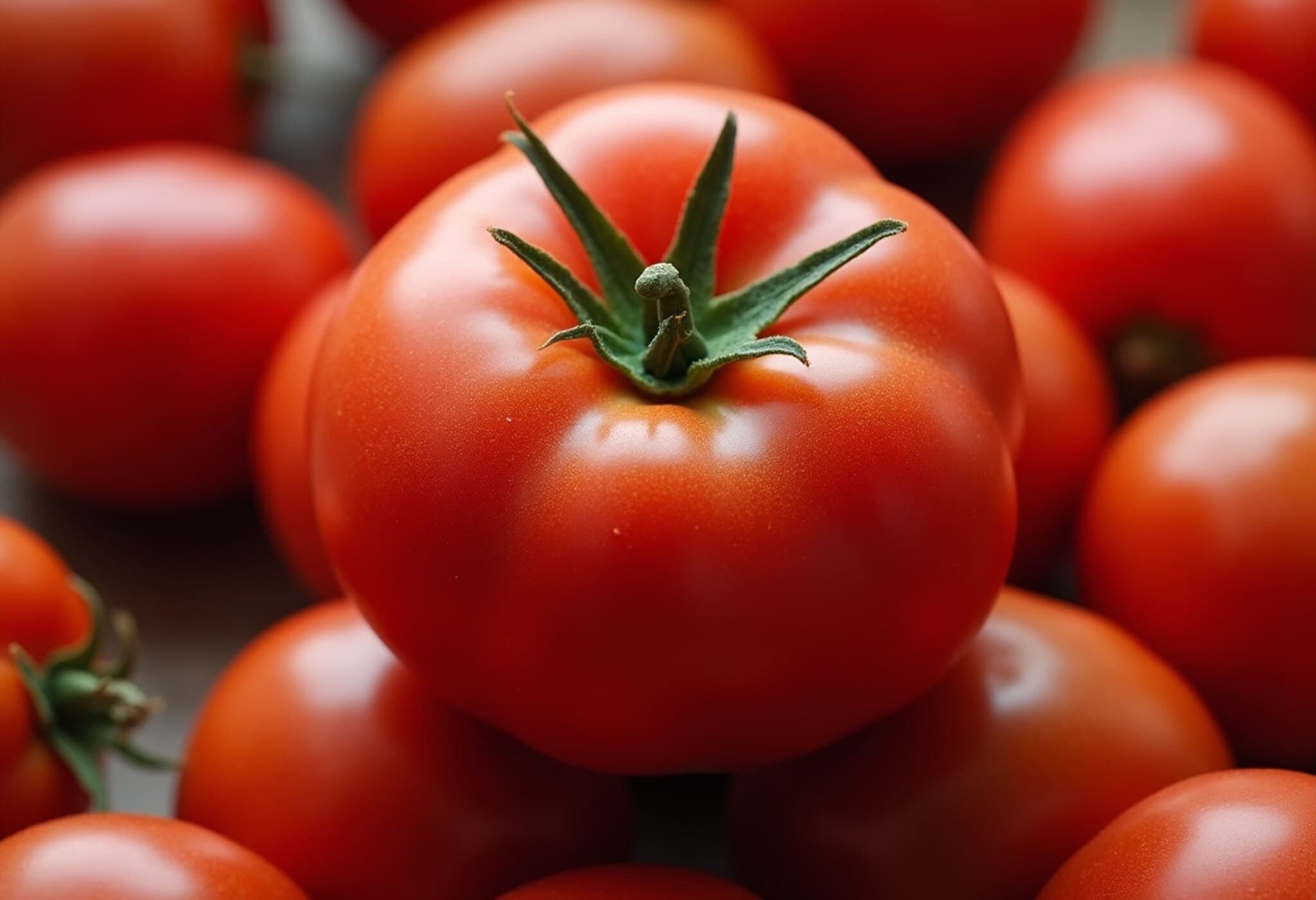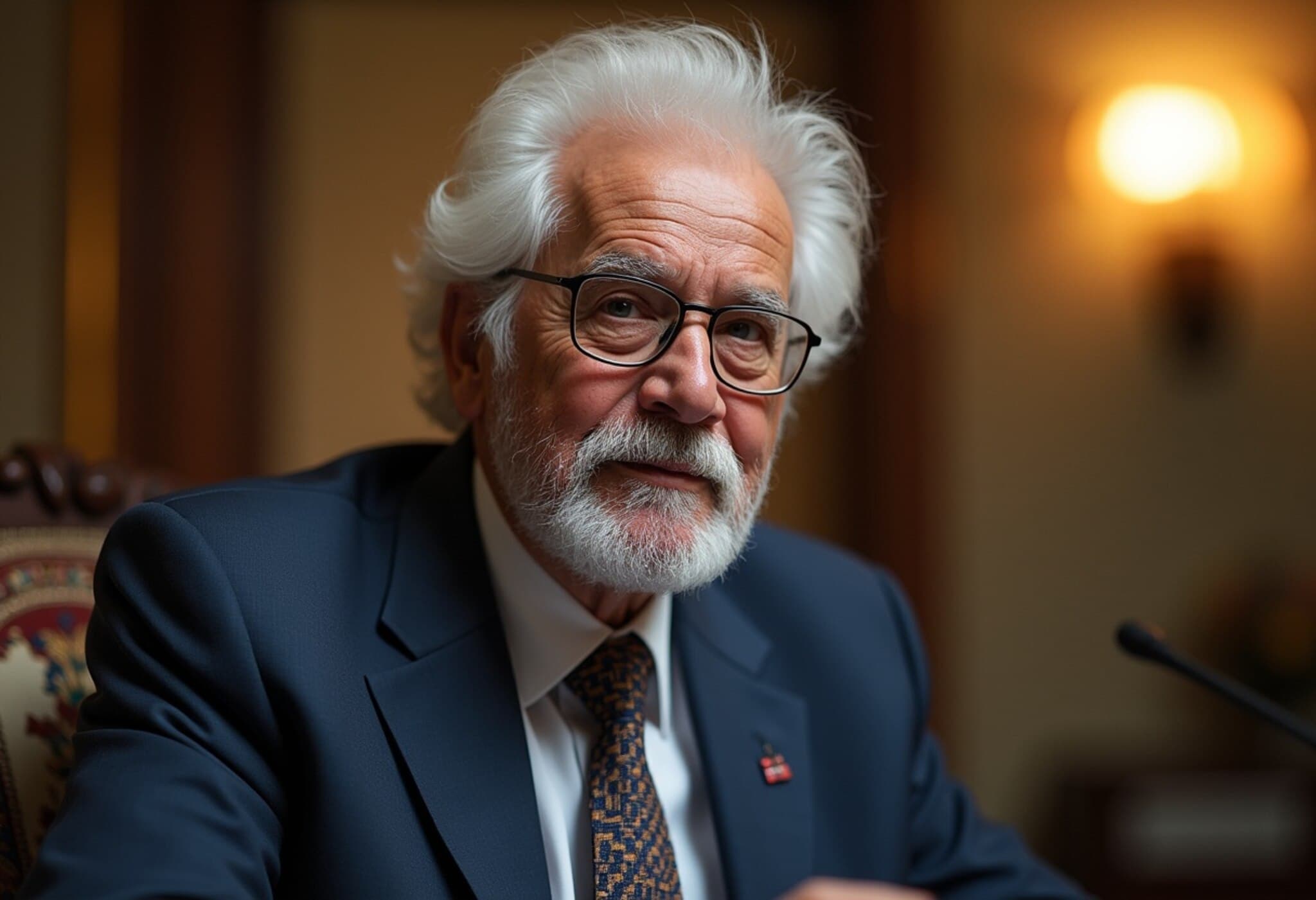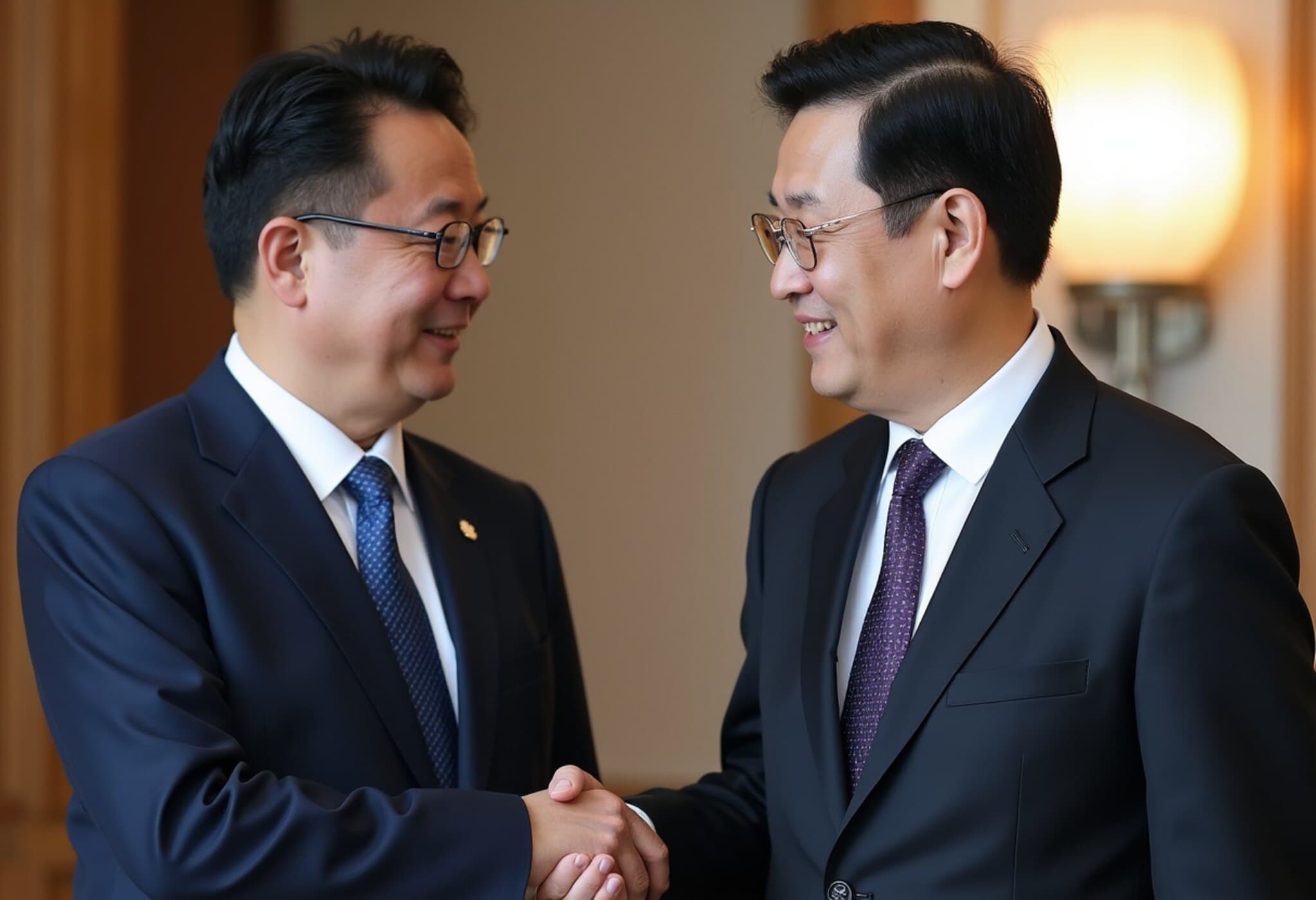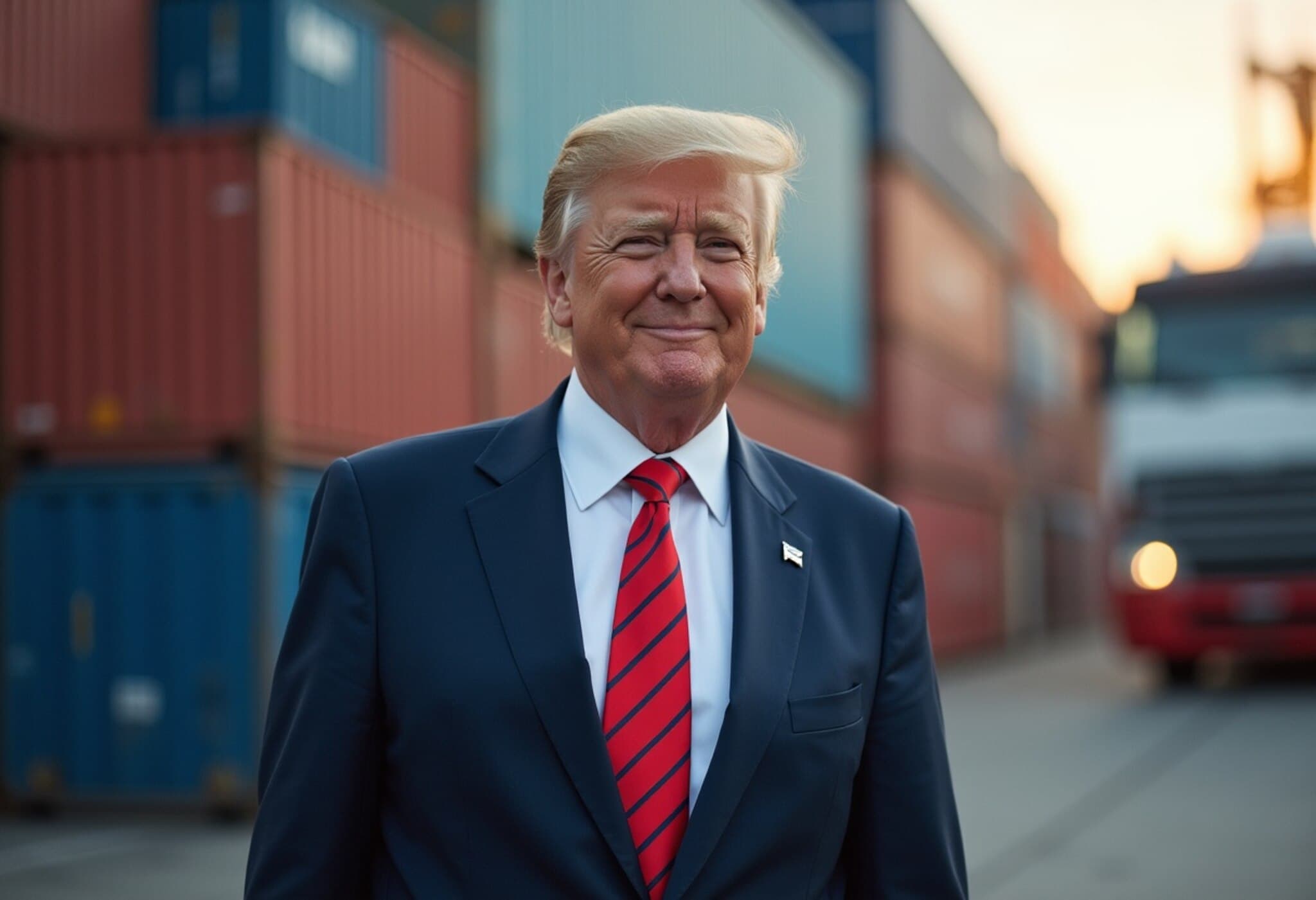Australia to Loosen Beef Import Rules for US Amid Ongoing Trade Negotiations
In a significant shift that marks progress in transpacific trade talks, Australia announced plans to reduce import restrictions on beef from the United States. This development was welcomed by US officials as a milestone in overcoming what they termed “non-scientific trade barriers.” However, it also amplifies ongoing trade tensions, with former President Donald Trump seizing the moment to issue a pointed warning to other nations resisting American beef imports.
Background: Biosecurity Concerns and Trade Barriers
Australia has historically maintained strict rules on beef imports, particularly given its steadfast commitment to protecting its cattle industries from threats such as bovine spongiform encephalopathy (BSE), commonly known as mad cow disease. Since 2019, Australia has permitted the entry of US-origin beef but continued to ban beef sourced from Canada and Mexico. The latter restrictions aimed to safeguard Australian herds from potential disease outbreaks.
Australian Agriculture Minister Julie Collins emphasized the balance Australia seeks between open trade and robust biosecurity measures, stating, “Our cattle industry has significantly benefited from open trade, and these new plans will not compromise our biosecurity.” Nonetheless, precise timing for when the eased restrictions will take effect remains uncertain.
US Beef Industry: Challenges and Opportunities
Despite this regulatory easing, demand from Australia for American beef is expected to stay modest, influenced by currency fluctuations — notably, the comparatively weak Australian dollar — and rising beef prices stateside. The US market currently contends with domestic challenges such as drought and shrinking herd sizes, which have tightened supply and driven prices upward.
Enhanced Traceability: A Step toward Rebuilding Trust
Over the past two decades, market access has featured prominently in the US-Australia Free Trade Agreement (FTA), which celebrates its 20th anniversary this year and has long fostered a trade surplus in favor of the US. Recently, the US administration implemented new cattle movement controls that enable comprehensive tracking of animals from Mexico and Canada — the countries whose beef had been banned by Australia.
This move is seen by Australian regulators as a critical enhancement in biosecurity, with Minister Collins affirming that the new controls “effectively manage biosecurity risks.” Australian cattle producers have expressed apprehension that outbreaks of diseases like BSE or foot-and-mouth disease could devastate their export markets overnight, underscoring the sensitivity of these trade-offs.
Political Dynamics: Trump’s Boast and Warnings
Former President Trump publicly celebrated Australia's concession on social media platform Truth Social, declaring, “After many years Australia has agreed to accept American Beef… This is undeniable and irrefutable proof that US Beef is the safest and best in the entire world.” He lauded the hard work of American ranchers and framed the easing of restrictions as part of a broader “Golden Age of America.”
At the same time, Trump issued an unmistakable warning to other countries resistant to US beef imports, signaling potential trade consequences. Earlier in 2025, Trump threatened tariffs on Australian imports, including a 10% levies on beef and up to 50% on steel and aluminum, criticizing what he viewed as protectionist barriers.
US Secretary of Agriculture Brooke L. Rollins also praised the trade breakthrough, calling it a triumph of presidential diplomacy that boosts American agricultural exports.
Australia's Political Scene and Future Encounters
Relations between Australia and the US remain tightly interwoven, particularly as Australian Prime Minister Anthony Albanese anticipated a bilateral meeting with Trump at a recent G7 summit in Canada, though it was postponed due to geopolitical crises in the Middle East. Discussions are expected to resume later this year, with the Australian government poised to contest any US tariffs that could affect their agricultural exports.
Opposition voices in Australia, such as lawmaker David Littleproud, have questioned the government’s readiness to compromise domestic biosecurity standards to appease trade pressures from the US.
Expert Insight: Balancing Trade and Biosecurity in an Era of Global Market Interdependence
This episode underscores the complexities nations face when balancing free trade ambitions against the imperative to safeguard domestic industries. Australia's cautious relaxation of beef import restrictions reflects a strategic compromise — opening doors to US products while striving to mitigate risks from animal diseases that could trigger profound economic damage.
From the US perspective, expanding beef exports is critical not just economically but symbolically, representing national pride and agricultural success. Trump's vocal approach leverages trade policy as both economic tool and political messaging, highlighting how agricultural diplomacy remains a front line in US international trade strategy.
Moving forward, the question remains whether these negotiations will serve as a blueprint for resolving other trade disputes framed around health, safety, and environmental standards — issues likely to surface again as countries recalibrate supply chains in a post-pandemic world.
Summary Box: Key Takeaways
- Australia plans to reduce beef import restrictions on US products, a move balancing trade access with biosecurity concerns.
- US beef imports from Mexico and Canada are now traceable to enhance Australia’s disease prevention efforts.
- Former President Trump celebrates the development and warns other countries resisting US beef.
- Australian producers remain cautious about biosecurity risks impacting export markets.
- Future Australia-US discussions, including PM Albanese and Trump’s anticipated meetings, will shape ongoing trade relations.
- This situation exemplifies the global challenge of harmonizing open markets with rigorous health standards.
Editor’s Note
As international trade dynamics evolve, the interplay between economic opportunity and stringent biosecurity safeguards grows ever more complex. Australia's reduced restrictions on US beef imports mark a milestone that could potentially open new markets but also exposes vulnerabilities inherent in global supply chains. Observers should watch closely how this balance unfolds, what concessions emerge in future negotiations, and how these shifts influence broader agricultural and trade policies across the Indo-Pacific region.

